In 1966, a gruff-voiced blues singer was looking to put a band together that might finally propel his straggling career to the next level. Joe Cocker—born John Robert Cocker in 1944— lived on Tasker Road in the English city of Sheffield. As early as 1960, at the age of sixteen, Cocker was already well under the spell of the soul-rockin’ sounds of Ray Charles and the song “What’d I Say?” from his album, Yes Indeed!.
Eventually, Cocker met and joined forces with another musician, Chris Stainton, whose multi-talented skills proved to be exactly what Cocker needed to raise the stakes. Indeed, Stainton was a gifted bass player who was also gifted at the guitar, piano, and drums.
After six years of going through a series of potential band names and band members, Cocker’s new group was formed—the Grease Band, a name borrowed from a phrase the legendary jazz organist, Jimmy Smith, used when describing the impressive style and technique of a fellow musician he liked: “that cat’s gotta lotta grease in his playing!”. The Grease Band’s early demo recording led to radio exposure, thanks to Tony Hall, a DJ in the nearby town of Chesterfield, south of Sheffield, who was largely responsible for Memphis soul singer Otis Redding’s successful breakthrough in England. This eventually led to the demo tape landing in the hands of Denny Cordell, a record producer who handled several major groups, including Procol Harum, whose major hit at the time, “A Whiter Shade of Pale,” was still scorching up the charts on both sides of the Atlantic.
Cocker got his first big break when he signed a record deal with Cordell, who released the singer’s first single, “Marjorine”. Chris Stainton was at the recording session, but not all the members of the Grease Band made the cut; guitarist Frank Miles and keyboardist Tom Rattigan were left out of the sessions by Cordell who felt they weren’t up to the task. Instead, Miles and Rattigan were replaced by local UK session musicians, one of which, notably, was a young and energetic guitarist whose career would later skyrocket as a co-founder of rock supergroup, Led Zeppelin—Jimmy Page.
“Marjorine” was released as a single, opposite side B’s “The New Age of Lily”, on the Regal Zonophone Records label on March 22, 1968. On the track, Cocker displays an incredible falsetto voice, while Stainton’s piano pulsates throughout alongside Page’s guitar fretwork and the driving rhythm from studio drummer Clem Cattini. As the song hit the airwaves, Cocker reorganized his working band, replacing the members who were non grata at the recording session.
By June, the new Grease Band was back in the studio to lay down more tracks for their first LP. For months, they’d been rehearsing a unique arrangement of Ringo Starr’s vocal rendition of “With A Little Help From My Friends” from the Beatles’ seminal Sgt. Pepper’s Lonely Hearts Club Band.
It was Cocker’s idea to change the feel of the track’s sing-song style to a waltzy, ¾ groove, which instantly set it apart from Ringo’s interpretation. In fact, the song’s style was now more reminiscent of verses in the Beatles’ “Lucy In the Sky With Diamonds,” before the chorus appears.
Reportedly, the band attempted about thirty-five takes of the song that first day in the studio but repeatedly failed to capture the sound they were looking for. They reconvened the next day, this time with “a little help” from Procol Harum’s drummer, Bobby Harrison. It took thirteen more takes until the band finally nailed the song.
In September of 1968, Cordell brought Cocker to America to secure a record deal with Jerry Moss, co-owner, with Herb Alpert, of the A&M record label. Moss immediately liked Cocker and a deal was struck. While stateside, Cordell and Cocker heard Traffic’s new song “Feelin’ Alright” on the radio and thought it was so perfectly suited to Cocker’s voice they headed straight to the studio and recorded it on the spot for Cocker’s new album.
When Cocker and Cordell returned to England, they discovered that their cover of “With A Little Help…” was rapidly ascending the British charts, finally lasting thirteen weeks near the top. As expected, the success of the disc led to high-profile television shows, radio and magazine interviews, and extensive concert touring.
By April, 1969, the band was ready for an assault on America. The tour was planned, even though an official album was yet to be finished. By now, “A Little Help” had crossed the waters and was making a bit of a stir in North America, so Cordell and Cocker wasted no time in completing and releasing the album. Titled With A Little Help From My Friends, the LP [A&M, SP-4182] hit the streets on April 23, but generated little fanfare, only reaching as high as #35 on the charts, even though the album had received a positive review in Rolling Stone magazine.
And rightfully so. The album is a brilliant compilation of Cocker’s own unique approach to delivering classic hits recorded by peers and revered predecessors. Right from the start, he co-opts Traffic’s “Feelin’ Alright”, written by the band’s guitarist, Dave Mason. From the Beatles, he borrows “With A Little Help From My Friends.” From Dylan, “I Shall Be Released” and “Just Like A Woman.” He taps into his hero Ray Charles’ bag for “Let’s Go Get Stoned”, while he likely borrowed “Don’t Let Me Be Misunderstood” from Eric Burdon’s 1965 version of the song and not from the original, more sumptuous, more stirringly soulful one that Nina Simone does on her 1964 album, Broadway-Blues-Ballads.
Cocker even covered the Henderson/Dixon jazz classic “Bye Bye Blackbird” from 1926, which provides a clue that jazz was very much a part of Cocker’s musical palette.
Then there’s Cocker’s gritty take on Moby Grape’s “Can’t Be So Bad,” and the pleading “Do I Still Figure In Your Life”, a song his fellow countryman Pete Dello wrote and released as “(Do I) Figure In Your Life” with his band Honeybus in 1967. As for the remaining two tunes on the album, “Sandpaper Cadillac” and “Change In Louise” were co-written by himself and his trusted sidekick, Chris Stainton, the latter having emerged as the one constant in the revolving door of musicians who came in and out of Cocker’s touring/recording circle during that uncertain period when With a Little Help… was still in search of an audience.
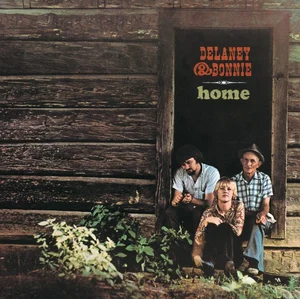
All that changed, of course, when Cocker and the Grease Band made their debut appearance on the Ed Sullivan Show. Young audiences were mesmerized by Cocker’s quirky physical antics as he mimicked the words to the pre-recorded track for the TV cameras. His spasmodic moves, combined with his ultra-gravelly voice and tousled hair, captured viewers’ attention everywhere he went, and, indeed, he went seemingly everywhere—from the Fillmore East in New York City to the Whisky A Go Go in Los Angeles. One thing led to another, and by the summer of 1969, he was featured at the Newport Rock Festival, The Denver Pop Festival, and, ultimately, Woodstock, slotted on the Sunday of that timeless weekend alongside none other than Sly & The Family Stone.
Meanwhile, in another part of the country, a little-known husband-and-wife team was creating its own special sound that would ultimately influence the elite class of British rock royalty. The singing duo had already released its first album, entitled Home, on the legendary Memphis-based Stax Records label, but not many seemed to have noticed.
This prompted the couple, Delaney and Bonnie Bramlett, to shift gears and head West, toward the California coast, to record an album that would capture the hearts of George Harrison, Eric Clapton, Elton John, among many others. And not only would Delaney & Bonnie’s path intersect with Joe Cocker’s, their paths would merge together to create an entirely new one. That story, and much more, in Part 2 of Rock Chronicles.
Read Rock Chronicles Part 2 here.
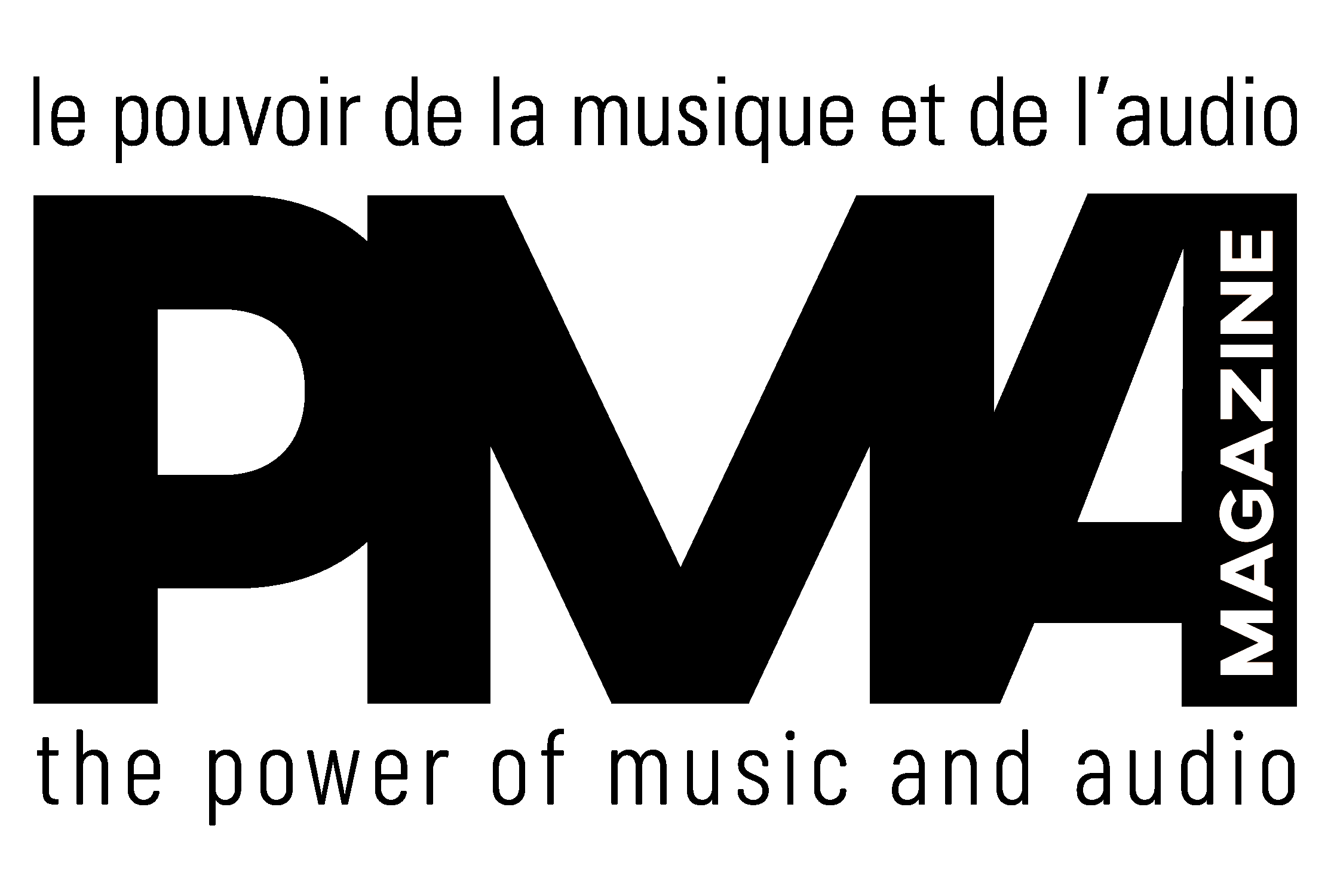


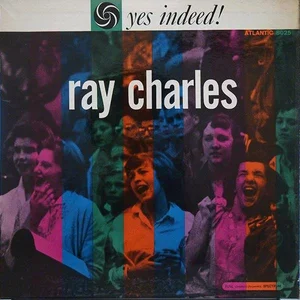
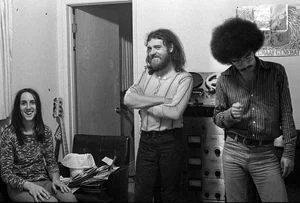
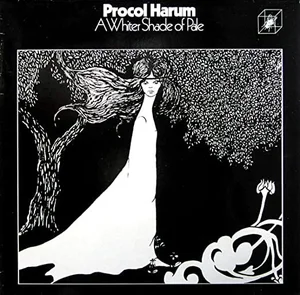

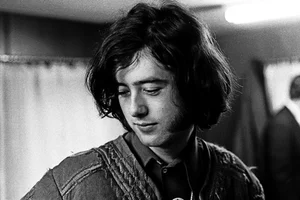
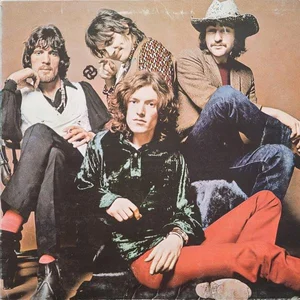

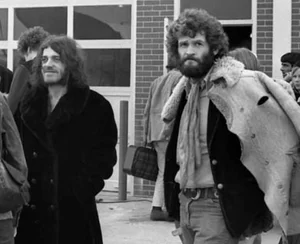

















Leave a Reply